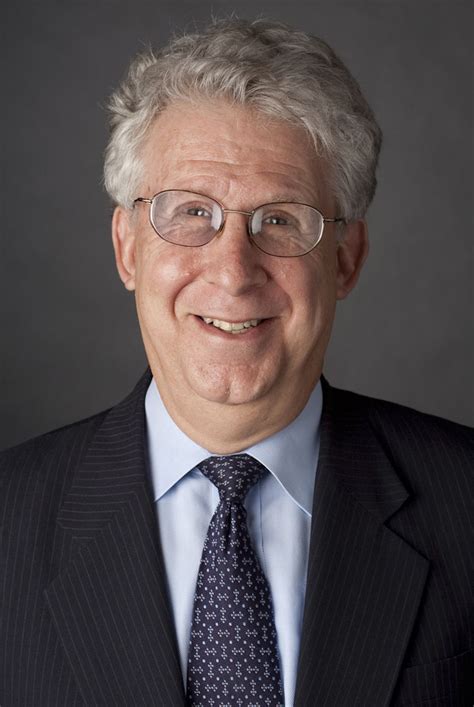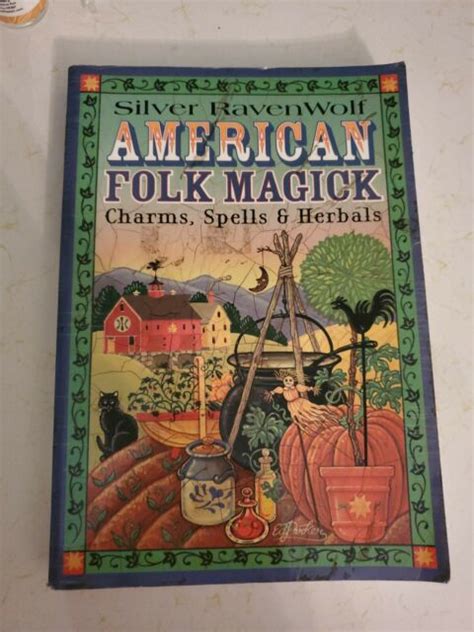A Quote by Robert Pozen
The quality of American patents has been deteriorating for years; they are increasingly issued for products and processes that are not truly innovative - things like the queuing system for Netflix, which was patented in 2003. Yes, it makes renting movies a snap, but was it really a breakthrough deserving patent protection?
Related Quotes
The days are over when technology can be advanced in laboratories by individual scientists alone. Now you need an army of lawyers to negotiate the hazardous terrain of interlocking patents. Unless we find a solution to the problem of interlocking patents, the patent system may actually impede the very innovation it was designed to encourage.
Part of battle has been getting Hollywood to recognize that comic books and superheroes are not synonymous. That's been a huge breakthrough, just in recent years really, and as a result of that recent breakthrough, we've had movies like 300, Road to Perdition, and A History of Violence, that very few people realize were based on comic books and graphic novels. It's very important to make that differentiation.
The good things at the U.S. health care system are that we have a well-trained labor force, particularly physicians; I don't think any nation trains doctors better. We have the latest technology, simply because we throw so much money at it. We are really technology-hungry in this country. That's a good thing. Our system more treats patients like customers, which is a good thing; that it's very customer-friendly. And it's very innovative, both in the products we use, in the techniques we use and the organizational structures we use. Those are all very good things, highly competitive.
The growing complexity of science, technology, and organization does not imply either a growing knowledge or a growing need for knowledge in the general population. On the contrary, the increasingly complex processes tend to lead to increasingly simple and easily understood products. The genius of mass production is precisely in its making more products more accessible, both economically and intellectually to more people.
Well, there is a contradiction in a sense. If you're making commercials which sell products which are unhealthy or which are unnecessary, I think that you are part of a system - I am part of a system which encourages people to buy things and do things which are not to their best interest. And to that extent you could say it was contradictory.
Youku Tudou is a hybrid, like combining Netflix and YouTube. Like Netflix, with Youku, which launched in 2005, we syndicate a library of longform content and create original content. The Tudou model started with user-generated content but is increasingly becoming about partner-generated programming.


































